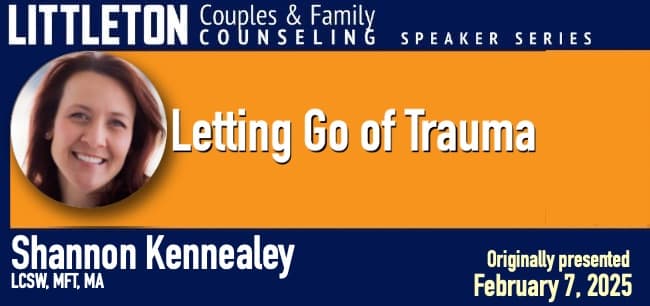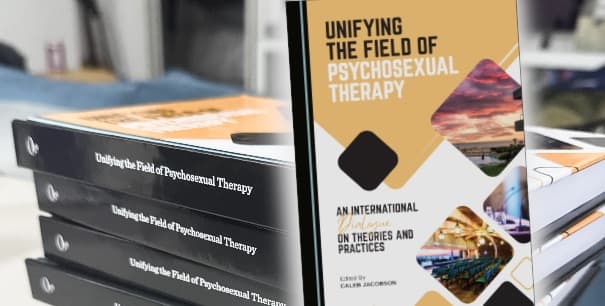Sex & Autism 9: RSD and Sex
Let’s continue our discussion of sex and autism. One of the neat things about sex is that it is universal and yet highly personal: there really aren’t any right or wrong ways to do it, except for what you and your partner like and don’t like. The most wrong things about sex is that our culture really doesn’t talk about it and shames people for enjoying sex differently than they do.
With that as background, imagine for a moment, your partner says something less flattering about your last sexual encounter. Perhaps you waited too long to do something, or touched them in a “just-not-quite-right” way. Maybe you said something your partner took as slightly off-color. Or the way you looked at them was just a little flat and not as twitterpated as they hoped. The experience wasn’t a bad one for either of you; it could have been just a bit better.
Just about everyone I’ve ever met has at least a few negative lines in their personal narrative— especially concerning their bodies and sex. For many folks, the above scenario wouldn’t shut anyone down. I’m sure some people wouldn’t even think twice about it.
Many of us with autism might have a far different experience.
A decent percentage of people with autism struggle with perceiving and understanding social context and nuances. History has taught them their misperceptions have led to neurotypical people categorizing them as outside of the norm, which may foster or exacerbate feelings of rejection or humiliation.
These experiences may extend to sexual situations, possibly even with an established partner. One of the co-occurring issues with autism can be Rejection Sensitivity Disorder. RSD can instill feelings of their being completely rejected and that they are unable to do anything correctly.
Not all people with autism experience RSD, but those of us who do may struggle more due to these extreme feelings of inadequacy and rejection. A perceived rejection or feelings of failure can feel just as intensely painful as outright rejection, and can leave us feeling lost, unwanted, and completely unsure of where we stand in the relationship. Fear of what will happen next can be another component of the RSD cycle.
Fear is a strong initiator on the limbic system and can move from emotional expression to physical action. I’m talking about fight/flight/freeze responses.
The result of RSD can be as extreme as a complete shut down or withdrawal from the encounter or relationship. A person with autism could feel confused by the rejection from an anticipated experience, and that sex, sexuality, and sexual encounters with another person could be too much to discuss or deal with. RSD may leave them feeling too vulnerable to additional rejection and they could shy away from sharing their wants, needs, desires, or fantasies with their partner.
People with RSD often don’t want to set boundaries because they are terribly afraid of being rejected or abandoned. Boundary setting within the lens of sex and RSD can be difficult enough: our ego and self esteem can be exposed during intimate relations and sexual activities. Saying “no” to a partner who you have allowed into intimate parts of your life may be scarier than living with the physical or emotional pain of a violated boundary. Your partner may not even know they have violated a boundary.
Helping a person with autism and RSD set, maintain, and respect honest and appropriate boundaries can help them begin to foster additional trust in their partner and in the relationship. Make time to discuss sexual wants, needs, desires, fantasies and off-limit actions with your partner in a safe, non-sexual environment. Discuss both sexual brakes and accelerators with a sometimes/always/never framework. Share your desire that they know you accept them as they are.







